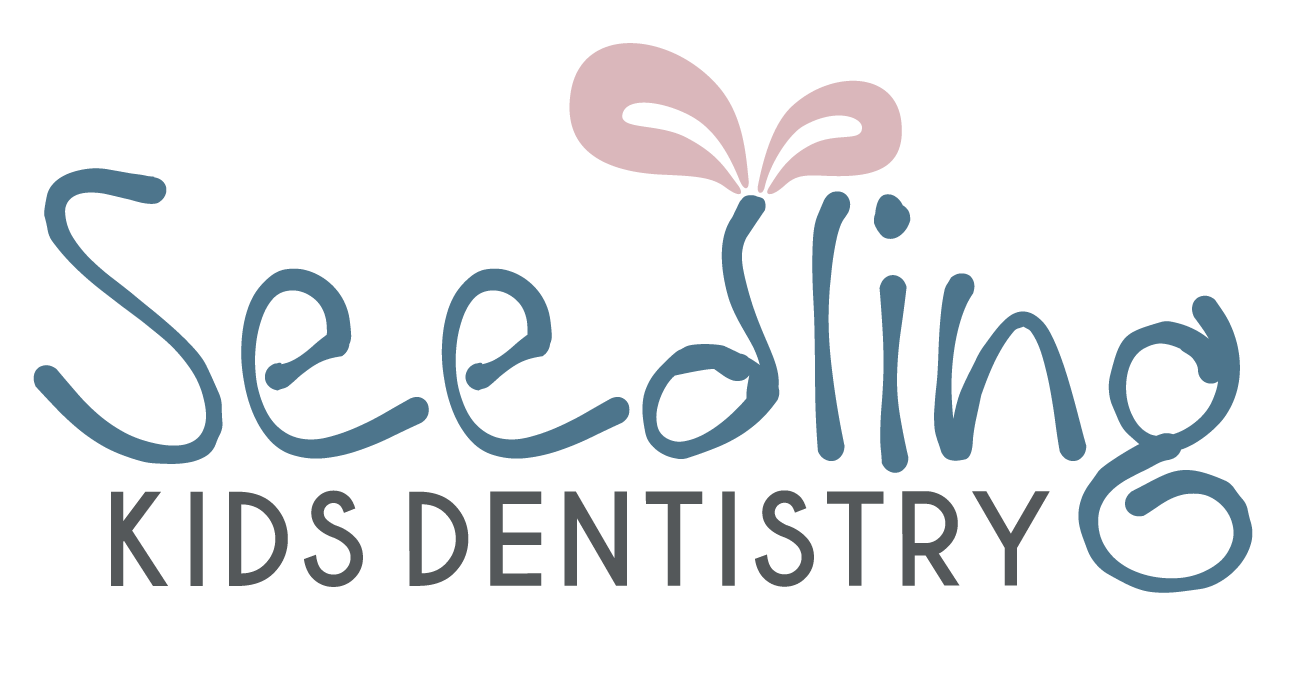A Mother’s Guide to Children's Dental Health
As mothers, we strive to give our children the best start in life – and that includes their dental health. Healthy teeth and gums are not only essential for a beautiful smile but also for proper nutrition, speech development, and overall well-being. In this guide, we’ll explore essential tips, expert advice, and practical strategies to help you nurture your child’s dental health from infancy through their teenage years.
Why Dental Health Matters from the Start
Early dental care sets the foundation for lifelong oral health. According to the American Academy of Pediatric Dentistry (AAPD), children should have their first dental visit by age one. Starting early not only helps prevent dental issues but also fosters positive associations with dental care.
Baby Teeth Matter: Here’s Why
Baby teeth play a crucial role in helping children chew, speak, and hold space for their permanent teeth. Even though they eventually fall out, neglecting their care can lead to:
Cavities and pain
Infection and potential damage to permanent teeth
Early loss, causing misalignment issues
Pro Tip: Clean your baby’s gums with a soft, damp cloth even before the first tooth appears. Once teeth erupt, switch to a baby toothbrush and fluoride toothpaste.
For more on preventive care, visit our Preventive Care page.
Establishing Healthy Dental Habits
Brushing and Flossing Basics
Getting kids to brush can be a challenge, but making it a fun, family activity helps! Here’s a simple routine:
Start Early: Begin brushing as soon as the first tooth appears.
Use the Right Tools: A soft-bristled, child-sized toothbrush and a pea-sized amount of fluoride toothpaste are perfect.
Make It Fun: Use apps or songs to encourage brushing for the recommended two minutes.
Lead by Example: Brush and floss with your child to demonstrate good habits.
The Flossing Milestone
Flossing is essential once two teeth touch. Introduce floss picks designed for kids to make the process easier and more engaging.
Learn more about our recommended dental hygiene practices on our Dental Exams and Cleanings page.
Nutrition Tips for Strong Teeth
What children eat significantly impacts their dental health. Here’s what to consider:
Tooth-Friendly Foods
Calcium-Rich Options: Milk, cheese, and yogurt help strengthen enamel.
Crunchy Veggies: Carrots and celery help clean teeth naturally.
Low-Sugar Snacks: Fresh fruits over candies or processed treats.
Hydration: Encourage water over sugary drinks to wash away food particles.
Avoid These Cavity Culprits
Sugary sodas and juices
Sticky, chewy candies
Starchy snacks like chips
Frequent snacking without brushing
For more tips on maintaining a balanced diet for dental health, visit our Pediatric Dental FAQs.
Common Dental Issues in Children
Tooth Decay
One of the most prevalent dental issues, decay can start as early as infancy due to bottle feeding or sugary drinks. To reduce risk:
Never put your child to bed with a bottle of milk or juice.
Encourage drinking from a cup by their first birthday.
Schedule regular dental check-ups.
Teeth Grinding (Bruxism)
Many children grind their teeth at night. While often harmless, excessive grinding can wear down teeth. If you notice signs like tooth wear or jaw pain, consult your dentist.
Thumb Sucking and Pacifiers
Prolonged thumb sucking or pacifier use can affect teeth alignment. Gradually wean your child off these habits by age three.
For concerns about your child’s dental development, schedule a visit at Seedling Kids Dentistry.
Dental Visits: What to Expect
Regular dental visits help monitor growth, address potential issues, and build positive dental attitudes. Here’s what you can expect:
First Visit: Typically a gentle exam and discussion on oral care.
Routine Check-ups: Cleanings, fluoride treatments, and X-rays when necessary.
Comfort Measures: For children with anxiety, our office offers Nitrous Oxide Sedation to make visits stress-free.
How to Handle Dental Emergencies
Accidents happen – whether it’s a knocked-out tooth or severe toothache, knowing how to respond is crucial:
Toothache: Rinse with warm water and apply a cold compress.
Knocked-Out Tooth: Gently rinse and place it in milk. Seek immediate dental care.
Broken Tooth: Rinse with warm water, apply gauze if bleeding, and visit the dentist.
For more information, visit our Emergency Dental Care page.
The Role of a Pediatric Dentist
At Seedling Kids Dentistry, Dr. Noyan Aynechi and her dedicated team understand that every child is unique. From infancy to the teenage years, our goal is to make dental visits enjoyable and informative, fostering lifelong healthy habits.
By choosing a pediatric dentist, you ensure your child receives specialized care tailored to their needs. Our office combines expert knowledge with a nurturing approach to make every visit a positive experience.
Your Partner in Dental Health
At Seedling Kids Dentistry, we’re more than just a dental office – we’re a community dedicated to growing healthy smiles. Our friendly, skilled team is here to guide you and your child through every stage of their dental journey.
Ready to schedule your child’s next dental check-up? Contact us today at Seedling Kids Dentistry or call (415) 498-0919 to book an appointment.
Do you have any tips or stories about your child’s dental experiences? Share them in the comments below – we’d love to hear from you!
Final Thoughts
By investing time in your child’s dental health today, you set them on a path to a lifetime of healthy, confident smiles. Remember, dental care doesn’t have to be stressful – with the right guidance and a positive approach, you and your child can enjoy the journey to great oral health!


